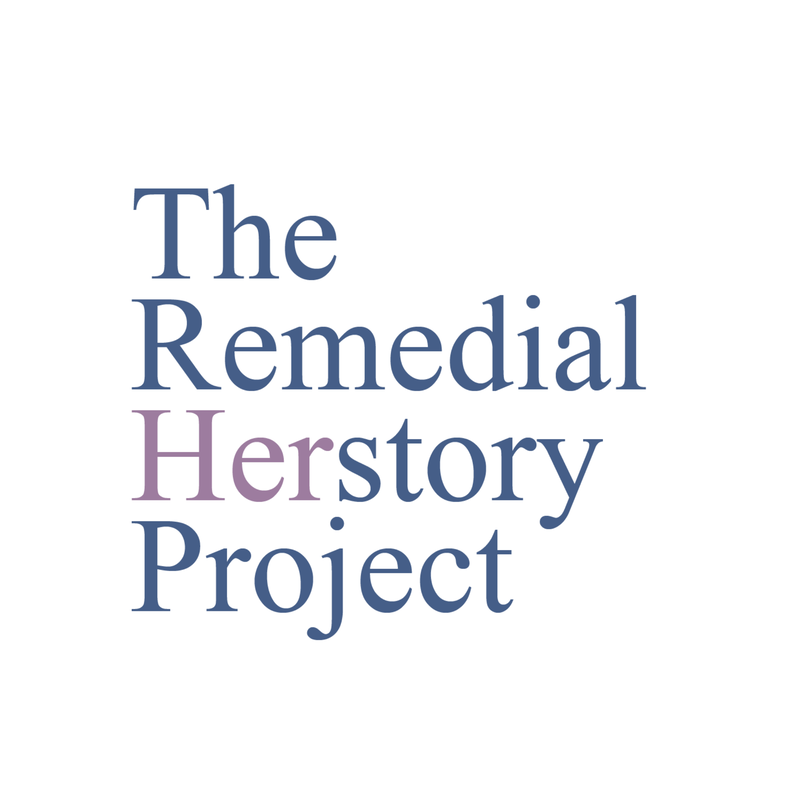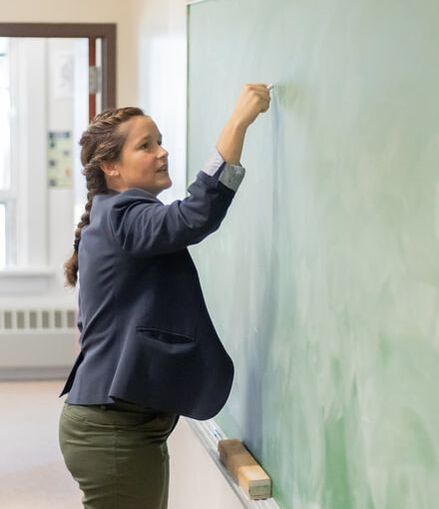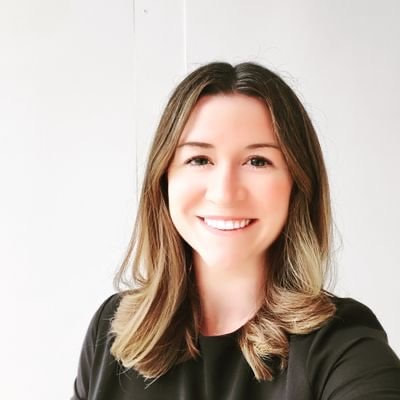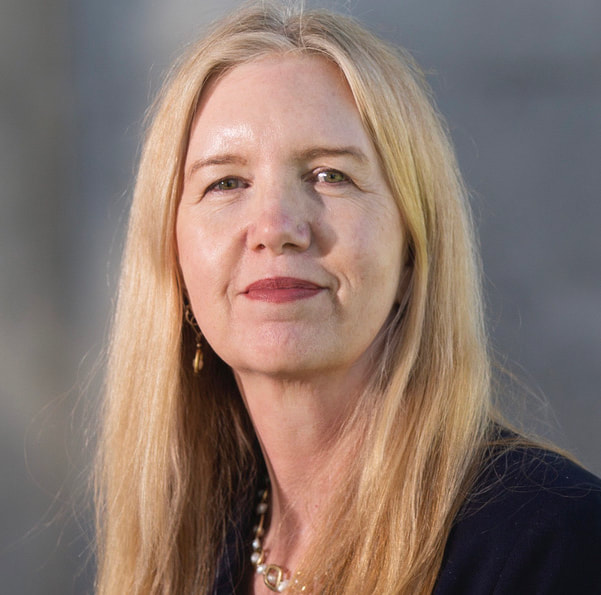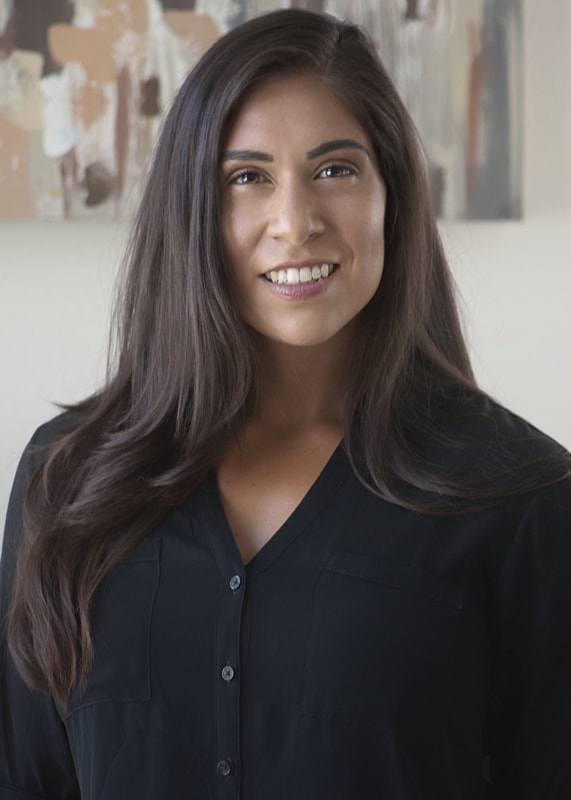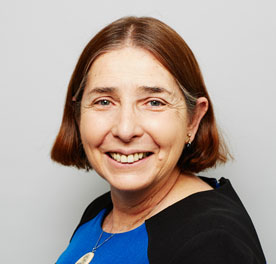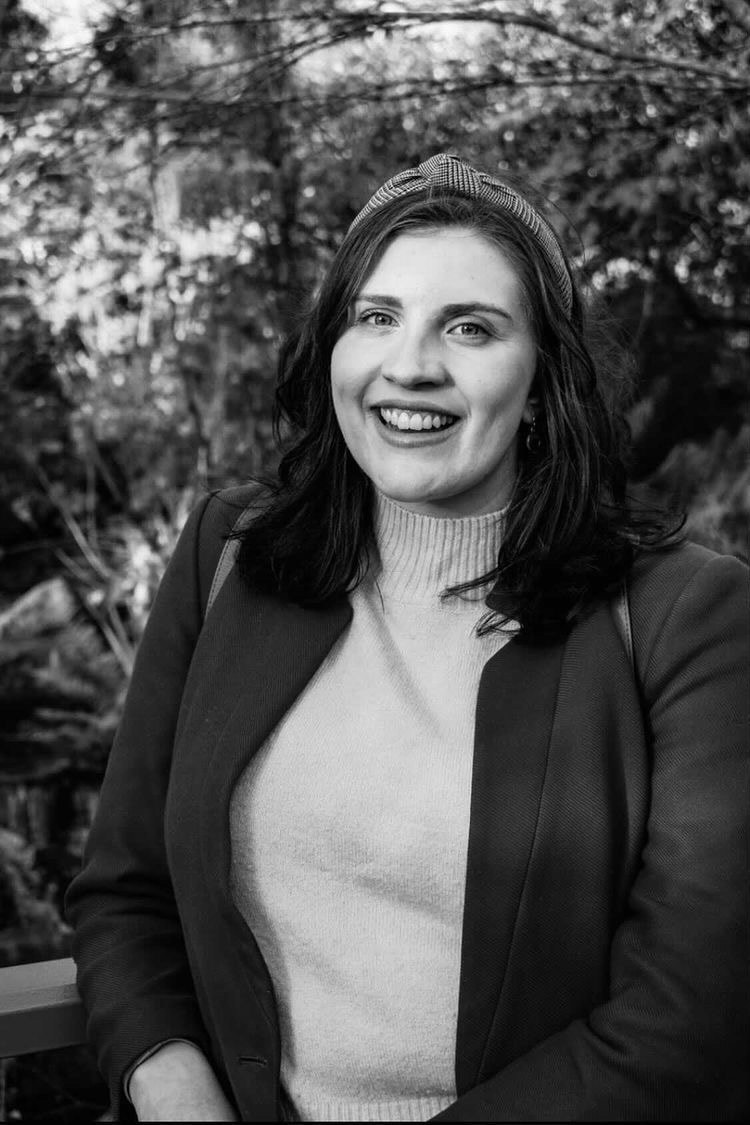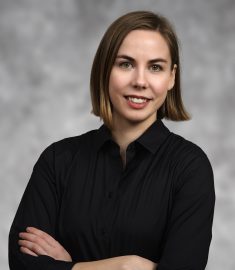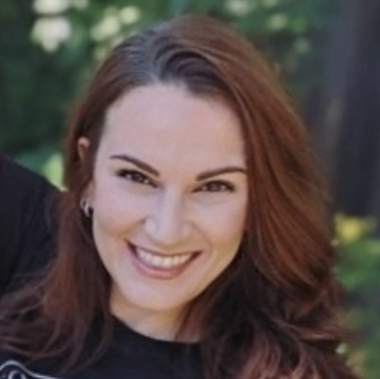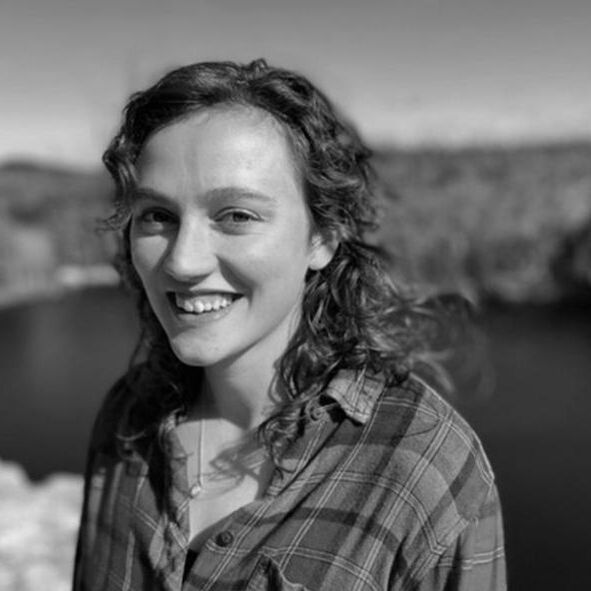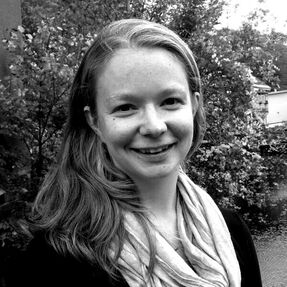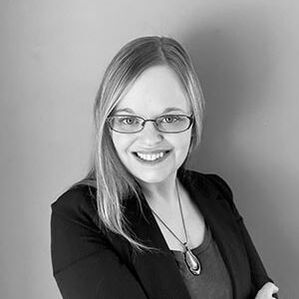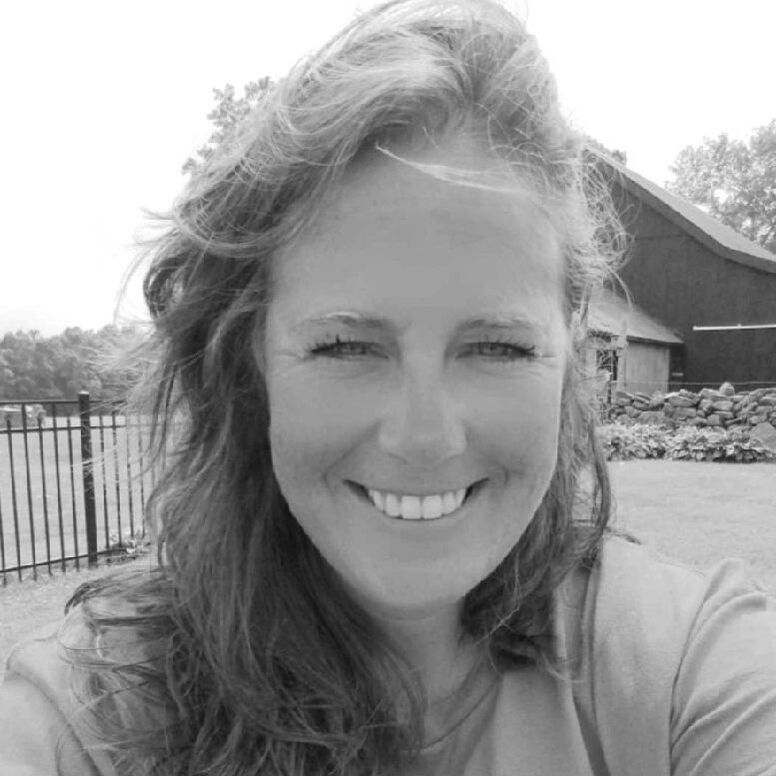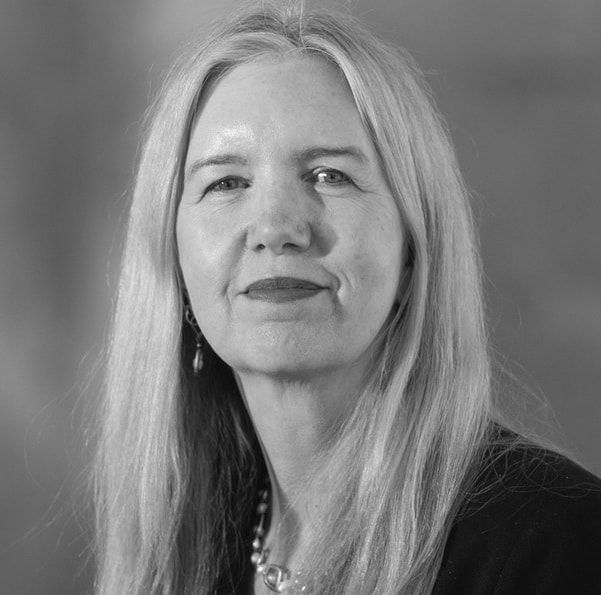- Home
- About
- Giving
- Podcast
- Educators
- Store
-
Learn
- Learn
-
World History
>
- 1. to 15,000 BCE Pre-History
- 2. to 15,000 BCE Goddesses
- 3. 10,000 BCE Agricultural Revolution
- 4. 4,000-1,000 BCE City States
- 5. 800-400 BCE European Founding Myths
- 6. 800-300 BCE Asian Philosophies
- 7. 100 BCE - 100 CE Roman Empire
- 8. 100 BCE - 100 CE Han Empire
- 9. 0 CE Monotheism
- 10. 100-500 Silk Roads
- 11. 300-900 Age of Queens
- 12. 700-1200 Islam
- 13. 1000-1500 Feudalism
- 14. 900-1200 Crusades
- 15. 1200-1400 Mongols
- 16. 1300-1500 Renaissance and Ottomans
- 17. 1000-1600 New Worlds
- 18. 1000-1600 Explorers
- 19. 1450-1600 Reformation
- 20. 1500-1700 Encounters
- 21. 1500-1700 Slave Trade
- 22. 1700-1850 Enlightenment
- 23. 1600-1850 Asia
- 24. 1850-1950 Industrial Revolution
- 25. 1850-1950 Imperialism
- 26. 1900-1930 Worlds in Collision
- 27. 1930-1950 Global War
- 28. 1950-1990 Decolonization
- 29. 1950-1990 Transnational Feminism
-
US History
>
- 1. Early North American Women
- 2. Women's Cultural Encounters
- 3. Women's Colonial Life
- 4. American Revolution
- 5. Republican Motherhood
- 6. Women and the Trail of Tears
- 7. Women in the Abolition Movement
- 8. Women and the West
- 9. Women in the Civil War
- 10. Women and Reconstruction
- 11. The Rise of NAWSA and NACWC
- 12. Women and Expansion
- 13. Women and Industrialization
- 14. Progressive Women
- 15. Women and World War I
- 16. Final Push for Woman Suffrage
- 17. The New Woman
- 18. Women and the Great Depression
- 19. Women and World War II
- 20. Post-War Women
- 21. Women and the Civil Rights Movement
- 22. Women and the Cold War
- 23. Reproductive Freedom
- 24. The Feminist Era
- 25. Women and LGBTQ+
- 26. Modern Women
- Economics >
- Government >
- Movies
- 26. Modern Women
<
>
About the Remedial Herstory ProjectThe Remedial Herstory Project is a New Hampshire based nonprofit founded and led by women educators and advocates under the advisement of women's historians and college professors working to get women's history into the primary and secondary curriculum, as well as our cultural competence. Remedial Herstory is a tax exempt 501c3. Our MissionThe RHP is dedicated to developing and providing inquiry-based learning materials on women’s history free to educators. In support of its mission, the RHP produces media, provides resources, and professional development in history for educators. Our WhyThe history curriculum in schools is insufficient in their representation of women’s contribution to past events. This website aims to address that. While teachers want to include women’s history, they have not had access to the training, modeling, and resources to do it effectively. Women make up fifty percent of the global population, and yet are in a small fraction of events discussed in school. Women’s choices have been harrowing, infamous, and monumental, and yet their stories are so rarely associated with mainstream history. Ask your average high school graduate, or even college graduate, to name 20 significant men in history and the list flows easily. Ask that same person to name 20 women and the names drag, if they come at all. This case in point leaves us with conclusions like, “women did not do as much” or “women’s stories were not recorded.” These assertions justify our own indifference to the history of half the human race, and could not be further from the truth. The flaws and impact of how we teach history are many. Women often get summarized in history in vague terms of their roles, rights, or responsibilities, and individual women are rarely mentioned. Never will you see a section in a history book where men are generalized in this way. If we were to generalize gendered behaviors, it is clear that human qualities such as powerful, innovative, and disruptive regularly make the books. Not surprisingly, feminine qualities of compassion, maintaining, and healing do not make the books as these are often grassroots ideals and are not as easily taught in history. These self-effacing qualities doom women to being underrepresented, yet can you imagine a world without them? And further, when women’s actions have all the hallmarks of history, somehow their accomplishments still don’t make the cut, or do so with the caveat of “for a woman” tacked on. We study history to learn from our past. Girls have been denied the opportunity to fully learn about women’s struggles and triumphs in schools. Public history teachers are stuck in a cycle because we never learned women’s history either. We have failed to mend the errors of our own educations, and are continuing to regurgitate these errors to our students. --Kelsie Brook Eckert, Founder Why "Remedial" Herstory?While in the process of turning her research into the founding of The Remedial Herstory Project, organization founder Kelsie Brook Eckert was lost on a name for the new organization. So many other podcasts and organizations were named "Herstory" in different variations, but few were actually about women's history. In her spare time, she was reading Gloria Steinem's collection of essays, Outrageous Acts and Everyday Rebellions, when she stumbled upon a line about women's studies that resonated. Digging deeper, Eckert found an interview where Steinem elaborated: "Women's history and women's studies are absolutely crucial for all students. Maybe we should call them 'remedial studies', which is what they really are- and will remain until we have human history and human studies." Steinem goes on: "For instance, in 1976, Devaki and I thought we had a great idea to take Gandhi's letters and writings and make a little book or pamphlet for women's movements around the world, since his non-violent tactics were so well suited to women's movements. And we were going full steam, interviewing people and so on until we came to Kamaladevi (Chattopadhyaya). She listened to us with great patience and then she said, 'Well, my dear, we taught him every thing he knew.' The methods he used were often the methods the women's movement used in fighting sati and child marriage. The independence movement subsumed and absorbed them, so we end up looking to or wait ing for another Gandhi for what we ourselves invented. That is the great penalty of the absence of women's history: you not only have to reinvent the wheel, but you end up by being grateful to men instead of honouring what women have accomplished - and continue to accomplish. There's a quote: 'I honoured dead men for their strength, forgetting I was strong.' In that sense I am very grateful to women's studies - very, very grateful." You can examine this full interview using the citation below. For Eckert, this quote was invaluable: a summation of the continuing problem in K-12 education even if it was resolved at universities, a bitter stab at her own education, and a rallying cry. How bizarre that Steinem's experience in the 1970's was so similar to that of a woman born a decade later trying to teach inclusive history, but failing. Remedial Herstory co-founder, Brooke Sullivan, often laments that "Remedial Herstory" is too hard to pronounce, and she is probably not wrong. But the story behind the name has provided fuel to our mission. Steinem, Gloria, Meenakshi Mukherjee, and Ira Pande. “A Conversation with Gloria Steinem.” India International Centre Quarterly 34, no. 2 (2007): 90–105. http://www.jstor.org/stable/23006309. |
Meet our leaders
|
Kelsie (she/her) is an award-winning history teacher and founder of the Remedial Herstory Project. She taught high school social studies for the better part of a decade and is now the Coordinator of Social Studies Education at Plymouth State University and the State Coordinator for National History Day in New Hampshire. She was the 2020 Gilder Lehrman NH Teacher of the year and 2019 Nominee, a 2016 Normandy Scholar, the 2015 NH National History Day Teacher of the Year, and serves on the Board of Directors for the NH Council for Social Studies (NHCSS). She earned a Masters in Social Studies Education and was the recipient of several academic awards including Graduate Assistant of the Year, and later Outstanding Graduate Alumni Award. She is an avid triathlete and former varsity athlete.
Eckert is the author of Teaching Women's History: Breaking Barriers and Undoing Male Centrism in K-12 Curricula (London: Routledge, 2024). She and co-founder Brooke Sullivan presented their TEDx Talk: It Has to Be Half. |
"Women are half of humanity, they should be half the content in history classes." -Kelsie Brook Eckert
|
Brooke (she/her) is a founder of the Remedial Herstory Project and a non-profit champion rallying cause and supporting several local and national charities through volunteering to board memberships. She has spent her career work with and for strong women to help them elevate in their careers and professional lives as a Recruiter for several global and local NH-based organizations. As a recruiter, her job is to investigate people and find what makes them tick as well as learn all about their history and place of origin, she is passionate about women in politics and helping pull out a seat for other women to sit at the board room table. Brooke currently lives in Northern NH with her dog Birdie, partner Sully, and two boys.
Brooke is a member of the Daughters of the American Revolution, SHRM, CPRW, Lean Human Capital Institute, Big Brother Big Sisters, and Young Ladies of the Pease Public Library. |
"When you hear a story from the past that doesn’t include women, you have to literally break your brain and ask yourself wait where are the women?" -Brooke Neva Sullivan
|
Pamela Scully is Professor of Women's, Gender, and Sexuality Studies, Professor of African Studies, and Advisor to the Provost at Emory University. She has her Ph.D. in history from the University of Michigan.
Her research interests focus on comparative women's and gender history. Her latest book is Writing Transnational History co-authored with Professor Fiona Paisley (Bloomsbury Academic UK 2019). Other books include Ellen Johnson Sirleaf (Ohio University Press, 2016); Sara Baartman and the Hottentot Venus: a Ghost Story and a Biography, co-authored with Clifton Crais (Princeton, 2009, 2010); Gender and Slave Emancipation in the Atlantic World (Duke University Press 2005), co-edited with Diana Paton, and Liberating the Family? Gender and British Slave Emancipation in the Rural Western Cape, South Africa, 1823-1853 (Heinemann, 1997). She is also the author of the AHA pamphlet, Race and Ethnicity in Women's and Gender History in Global Perspective (2006), and many articles and chapters. Professor Scully is president-elect of the Association for Undergraduate Education at Research Universities, and Chair of the Committee on Gender Equity of the American Historical Association, a member of the editorial board of the Oxford Encyclopedia of African Women’s History and is on the board of The Journal of Southern African Studies. She is co-convener of the Coursera MOOC course Understanding Violence and the Journeys to Education Teach-Out, focusing on diverse experiences of education, including that of First-Generation students. She served as the Deputy Editor of the Women’s History Review and as Treasurer and Secretary of the International Federation for Research in Women's History. |
"In this current climate I think we need to do even more work to advance the need to have women's history taught in schools." --Dr. Pamela Scully
Meet our team
-
Professional Development
-
Research
-
Outreach
-
Development
-
Board of Directors
<
>
Our Professional Development team gets resources in the hands of educators and their students, who are the center of our work. Our ambassadors attend national and state level conferences where they support and train educators on the history they missed out on in their own educations.
|
Sarah leads a talented team of educators to support teachers in getting women's, gender, and sexuality history into their curriculum.
Dr. Victoria Plutshack, BOOK CLUB COORDINATOR Victoria (she/her) holds a Ph.D. in Land Economy and a M.Phil. in Technology Policy from the University of Cambridge. She holds a B.A. in History from the University of Chicago.was previously a senior policy associate at Duke’s Nicholas Institute for Energy, Environment & Sustainability working with the Duke University James E. Rogers Energy Access Project. Victoria is a qualitative social scientist, whose prior research includes analysis of off-grid solar business models in India and interviews to explore the political economy of energy transitions. State Ambassadors Coming soon! Learn more here. |
Our Research team takes the incredible women's, gender, and sexuality scholarship out there and makes it accessible to teachers and young learners through articles, lesson plans, videos, a podcast, and more. Their work, along with that of our collaborators, is available throughout this website.
|
Dr. Alicia Gutierrez-Romine Co-Director of Research Dr. Alicia Gutierrez-Romine is an associate professor of history at California State University, San Bernardino. She earned her doctorate degree in history from the University of Southern California in 2016 and specializes in the American west, gender and sexuality, and race and ethnicity. Her first book, From Back Alley to the Border: Criminal Abortion in California, 1920-1969, was published by the University of Nebraska Press. Her work has been published in California History, the Southern California Quarterly, and Beyond the Borders of the Law: Critical Legal Histories of the North American West. Her next project explores intersections of race, public health, and professional medicine in the California borderlands. |
Dr. Barbara Tischler Co-Director of Research Dr. Barbara Tischler (she/her) is a professor of history and teacher education. She has her MA and PhD from Columbia University and received the Andrew Mellon Postdoctoral Fellowship in History, from Columbia University. She is currently a student-teacher supervisor for Hunter College in New York. Her major publications include: --Muhammad Ali: A Man of Many Voices (Taylor and Francis, 2015) --Sights on the Sixties, (Rutgers, 1992) --An American Music: The Search for an American Musical Identity, (Oxford,1986) --Editor, Perspectives on the Sixties Series for Rutgers University Press, seven volumes published |
Alicia and Barbara provide academic oversight initiatives and leads a powerful team of researchers on our various projects.
Matthew Cerjak, JOURNAL EDITOR Matthew (he/him) is a PhD Student in the History Department at the University of Michigan. He earned his MA at the University of Chicago and specializes in the history of women and the law in the British Atlantic during the seventeenth, eighteenth, and early nineteenth centuries. Video Series, PRODUCTION COMPANY TBD Textbook, CONSULTING TEAM The online textbook RHP produced was completed by teams of scholars and contributors. |
Our Outreach team takes the amazing products from the Research team and gets it into the hands of educators and students around the world. Our team has a global reach and is a force to be reckoned with.
|
|
Chloe leads a team of communication pros to share our new resources with educators and inspire people to look for the women. Hanna McNulty, NEWSLETTER EDITOR Hanna (she/her) is a PhD candidate at Durham University where she previously completed her Master's in History and Archeology. |
Our Development team makes all the work of the Remedial Herstory Project possible by working with donors and connecting with the foundations and organizations who want a more equitable future for girls and women.
|
Victoria and Rachel lead a dynamic team that gets the financials to back the passion behind the project.
Haley Brook, COORDINATOR OF CORPORATE SPONSORSHIPS Haley (she/her) has a Bachelors degree in Business from Plymouth State University with experience in sales and marketing. She is passionate about gender equity. Cassidy Keyser, COORDINATOR OF FUNDRAISING Cassidy (she/her) has a Bachelor's degree in Communications from Plymouth State University with experience in marketing and fundraising. |
The Remedial Herstory Project's Board of Directors is composed of educational leaders, historians, and women's advocates from around the world. The Board is chaired by Brooke Sullivan (above) and supported by the Treasurer, Jenna Koloski, and Secretary, Dr. Pamela Scully.
Dr. Valerie MoyerRead Bio
Coming soon! |
Jenna Koloski MLRead Bio
Jenna Koloski (she/her) is a founder of the Remedial Herstory Project and has been the Community and Policy Manager of the Vermont Council on Rural Development (VCRD) since January 2015, supporting and coordinating statewide policy facilitation as well as leading community level prioritization and action processes. Jenna also serves as President of the Vermont Community Development Association. Prior to her work at VCRD, Jenna was the Child Nutrition Manager at Hunger Free Vermont, coordinating community-driven solutions to hunger in Vermont towns and facilitating the Addison County Hunger Council, a cross-sectoral group of County leaders committed to addressing hunger in the region. Jenna studied at McGill University before moving to Vermont to pursue her Master's Degree at Vermont Law School where she studied environmental and agricultural law and policy. Jenna has extensive training and experience in meeting facilitation, results based accountability, strategies and skills to enhance adult learning, dispute resolution, and effective communication. In 2019, she was named one of Vermont Business Magazine's 40 under 40 Rising Stars. Jenna lives in Huntington Vermont with her husband, daughter, and black lab where she serves on the Conservation Commission and enjoys trail running, cooking delicious local VT food, mountain biking, and exploring the Green Mountains with her family. |
Kitty KieferRead Bio
Kitty Kiefer (she/her) is a devoted advocate, community educator, and leader in the movement to end gender-based violence. She began as a volunteer advocate at one of New Hampshire’s crisis centers. While pursuing her education, she also completed an internship at the crisis center. She attended Marlboro College in Vermont where she earned her bachelor’s in political theory and writing with a Plan of Concentration entitled Emancipation in Translation: Language, Power, and Empowerment. Upon completing her degree, she accepted a position as Sexual Assault Services Advocate at a local crisis center. Shortly afterward she was promoted to Education and Outreach Coordinator; in this position she provided support and advocacy for survivors of sexual and domestic violence, coordinated the volunteer training program, and developed and facilitated prevention and education programs for students of all ages, the local community college, and adult professional and community groups. Whether discussing consent and gender stereotypes with high school students or singing about conflict resolution with kindergarteners, violence prevention was always an area of passion and enthusiasm. After nearly ten years in the non-profit crisis center, she accepted the position of College Consortium Coordinator at the New Hampshire Attorney General’s Office of Victim/Witness Assistance. In this role, she supports New Hampshire campuses in enhancing their response to sexual and interpersonal violence. This support comes in the form of coordinating the NH Campus Consortium Against Sexual and Interpersonal Violence; providing technical assistance, resources, and training opportunities; encouraging cross-training and collaboration with local crisis centers and other off-campus services; and representing the Consortium on relevant state-wide committees and initiatives. She lives in the Lakes Region with her family. In the summer, she enjoys camping, taking leisurely hikes, and reading by the lake. In recent years, she has volunteered with Good Shepherd Lutheran Church, a charity fashion show to raise awareness of human trafficking, and Lakes Region Dancing with the Stars. She co-leads a Girl Scout Troop with whom she gets to share her commitment to empowering women and girls and giving back to the community. |
Dr. Bridget ErlandsonRead Bio
Coming soon! |
Dr. Pamela ScullyRead Bio
Pamela Scully is Professor of Women's, Gender, and Sexuality Studies, Professor of African Studies, and Advisor to the Provost at Emory University. She has her Ph.D. in history from the University of Michigan. Her research interests focus on comparative women's and gender history. Her latest book is Writing Transnational History co-authored with Professor Fiona Paisley (Bloomsbury Academic UK 2019). Other books include Ellen Johnson Sirleaf (Ohio University Press, 2016); Sara Baartman and the Hottentot Venus: a Ghost Story and a Biography, co-authored with Clifton Crais (Princeton, 2009, 2010); Gender and Slave Emancipation in the Atlantic World (Duke University Press 2005), co-edited with Diana Paton, and Liberating the Family? Gender and British Slave Emancipation in the Rural Western Cape, South Africa, 1823-1853 (Heinemann, 1997). She is also the author of the AHA pamphlet, Race and Ethnicity in Women's and Gender History in Global Perspective (2006), and many articles and chapters. Professor Scully is president-elect of the Association for Undergraduate Education at Research Universities, and Chair of the Committee on Gender Equity of the American Historical Association, a member of the editorial board of the Oxford Encyclopedia of African Women’s History and is on the board of The Journal of Southern African Studies. She is co-convener of the Coursera MOOC course Understanding Violence and the Journeys to Education Teach-Out, focusing on diverse experiences of education, including that of First-Generation students. She served as the Deputy Editor of the Women’s History Review and as Treasurer and Secretary of the International Federation for Research in Women's History. |
© The Remedial Herstory Project 2023
